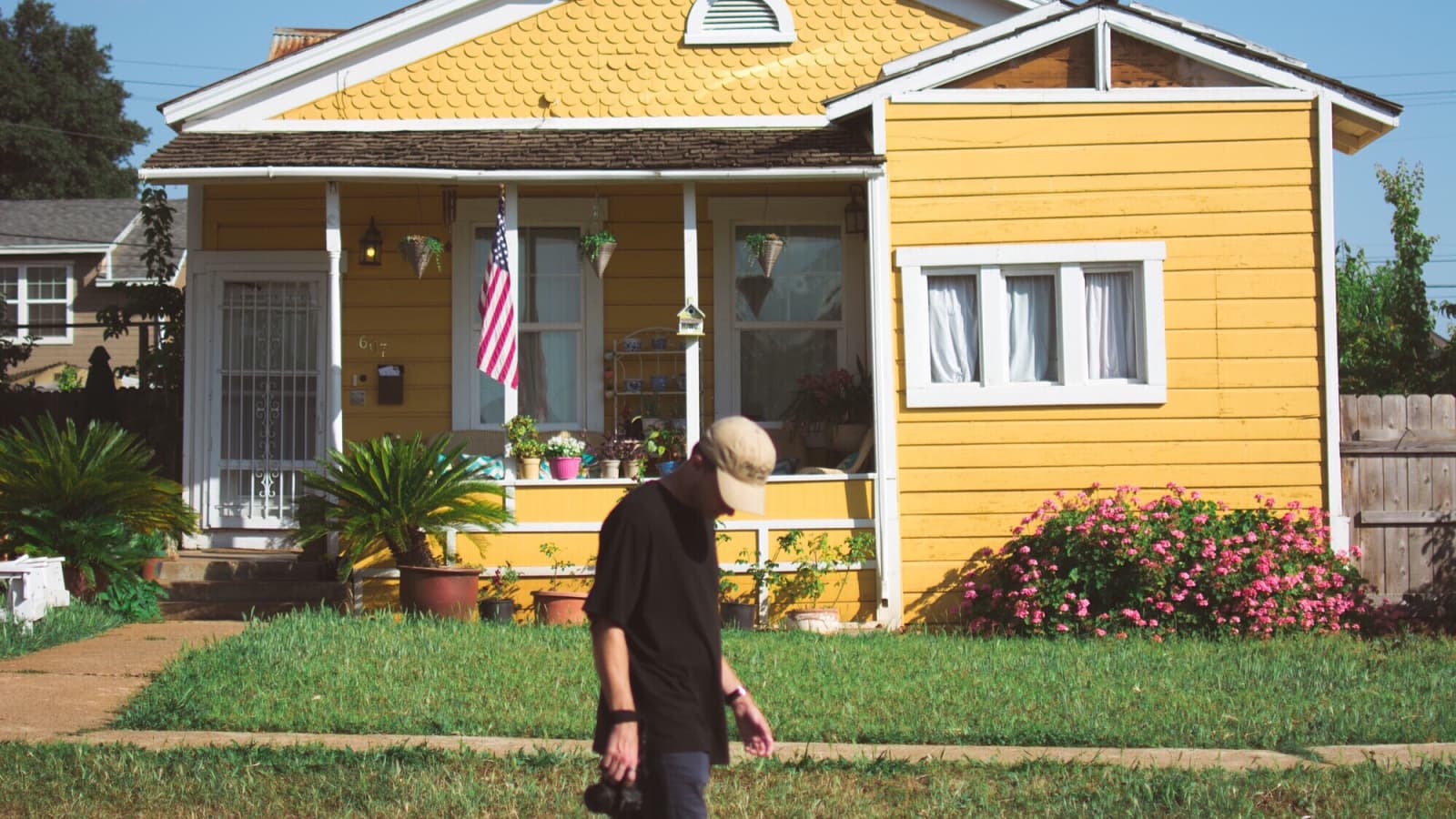
During the financial crisis, homeowners suffered from decreased equity in their homes. Unfortunately, this equity can quickly dissipate and may not be a good long-term investment. While you can sell your home for a profit, real estate has limited liquidity. Unlike stocks, you can’t immediately turn your home equity into cash. Consequently, it is not a good long-term investment unless you plan to remain in the same neighborhood for five years or more. If you’re planning to move away in five years, a better investment may be in a nearby housing market.
Co-investments offer an alternative to traditional home equity loans
When it comes to tapping your home’s equity, co-investments may be the way to go. A co-investment, as the name suggests, is a loan that you make with a company. This loan is secured on your home and has long-term repayment terms, typically up to 30 years. Unlike traditional home equity loans, you do not have to pay off your existing mortgage, but you are still responsible for paying off the entire loan amount – and if you do, you could end up taking a loss.
Co-investments aren’t for everyone, though. Some have negative aspects. For one, they have a multiplier effect that can erode the equity in your home more quickly than other debt products. Another drawback is that equity investment agreements aren’t available in all states. And, when the time comes to sell your house, you will still have to live up to the terms of the agreement. You will have to deal with the terms of the equity investment agreement, which can also have an impact on your heirs. The equity in your home will have to be divided between the co-investor and the owner, and if you die before it is paid, the heirs of the deceased will be forced to live up to the terms of the agreement, including paying back the debt to the lender.
They complement homeownership
For most of the 20th century, homeownership was a primary method of wealth building in the U.S. Federal tax policies subsidized homeownership. However, homeownership has its own set of financial risks. Households’ returns on their investment in housing are not diversified and volatile, and they depend on the timing of purchase and geographic market. This dependence on homeownership also exacerbates the wealth gap between Black and white families.
However, there are many advantages to owning a home. Besides being able to customize a home to meet your personal needs, you are also responsible for paying off the mortgage, which equates to equity. However, homeownership also comes with responsibilities, such as maintenance. Homeowners must repair broken roofs and maintain lawns and snow removal. Lastly, homeowner insurance is a major responsibility. Despite these benefits, homeownership requires an investment in home insurance.
They can jeopardize financial security
The widespread use of home equity lines of credit (HELOCs) may jeopardize homeowners’ financial security. Homeowners used to think of their homes as investments, engaging in a series of refinancings. This mentality is risky because most investments do not require ongoing cash investment. However, it is not impossible to lose a home when you cannot afford its monthly payment.
